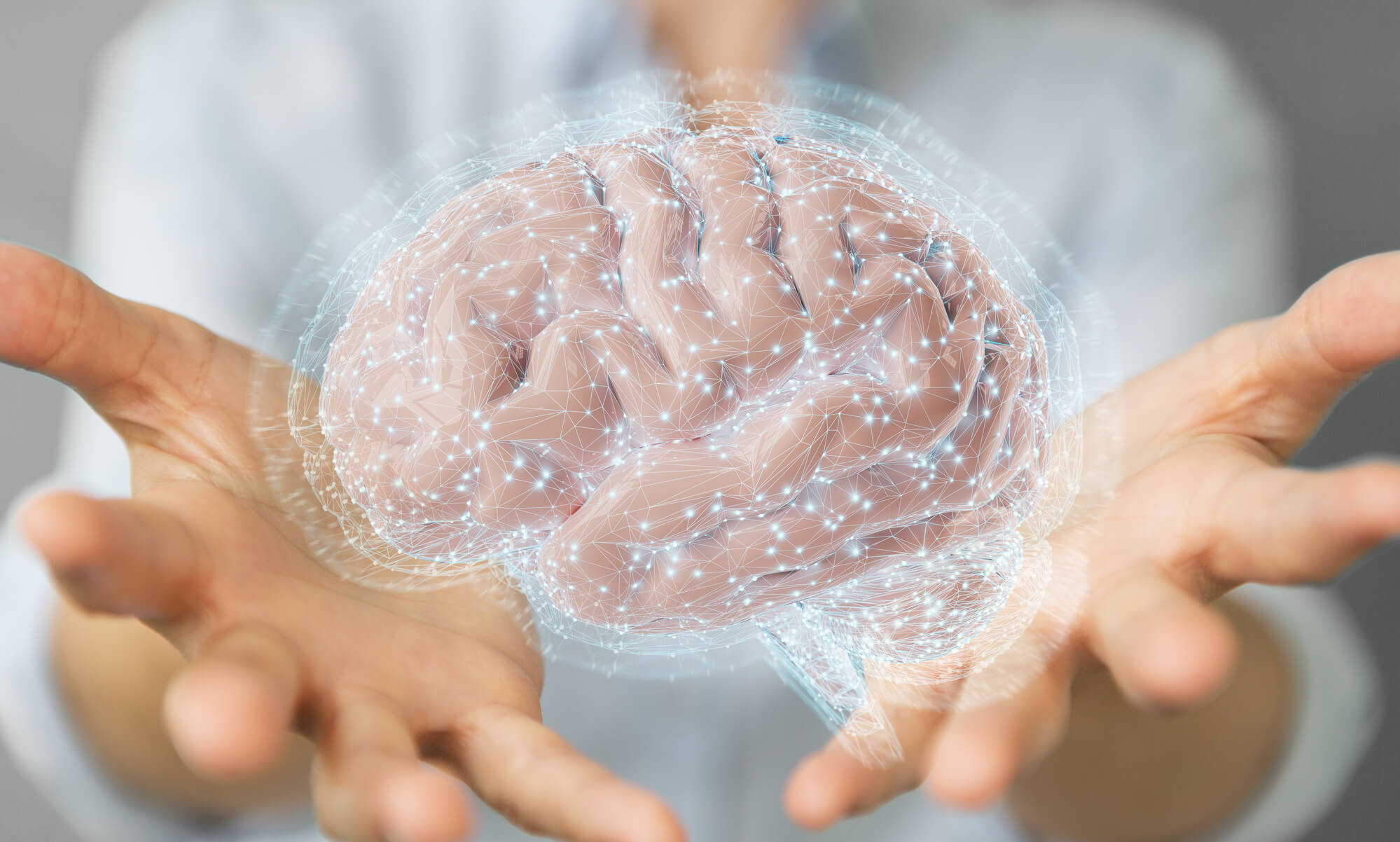
Can your migraine affect your memory? The answer is somewhat nuanced.
Migraines keep more people from living a quality life than any other neurological condition. Although limiting physical and mental activity, 95% of migraines are harmless. They just hurt a whole lot. However, some research shows migraines might change some cognitive functioning.
Most cognitive issues occur during the ictal period of the migraine, which you can think of as the "icky" period that includes head pain. However, there is little evidence memory loss occurs during this period. Most cognitive issues arise during the interictal period. If you suffer these types of symptoms, the problem might indicate a higher frequency of attacks.
In cases of high migraine attack frequency, the postdrome of one attack may overlap the prodrome of a pending attack. With two migraines in close time proximity, the overlap of postdrome and prodrome can lead to cognitive symptoms.
Aura
Migraines can cause people to perceive flashing lights and suffer dizziness caused by a temporary change in the brain's electrical activity. That change results in pain and sensitivity to light and loud noises.
Aura symptoms include:
- Visual sparks or flashes of light
- Blind spots
- Zigzag lines or prisms
- Tingling or numbness of the face, hand, or one side of the body
- Difficulty with expressive language, forming words, or articulating ideas
Nearly a third of migraineurs experience aura as a feature of their migraines. The aura represents reversible neurological symptoms evolving over about five minutes. Auras nearly always go away within an hour but are typically followed by a severe migraine.
Migraine Mimicry
Migraines can resemble a stroke because they typically occur on one side of the head. Unfortunately, migraineurs have a slightly elevated risk of stroke, which itself can cause cognitive decline and memory loss.
Anyone who suffers a first-time migraine with aura should be evaluated comprehensively for stroke to rule it out.
Typical Cognitive Issues in Migraine
What causes the cognitive impairment, and what does it feel like? Patients report various problems.
Brain Fog
Brain fog, something we hear more about now due to COVID-19, can occur during the early stages of a migraine and could remain after the hangover phase. Brain fog causes difficulty concentrating or performing complex cognitive tasks.
Medication Side Effects
The same medication people take to treat or prevent migraines can result in side effects that impair brain function. The side effects of Topamax, an anti-seizure medication used to prevent migraine attacks, can cause intense brain fog. A popular nickname for the impact is Dopamax.
Some other medications for migraine treatment come with similar side effects.
Aphasia
You may have heard the word aphasia recently because actor Bruce Willis was reportedly diagnosed with it. Aphasia creates difficulty finding or understanding words. Migraine with aura can be associated with language challenges, including the same difficulties as aphasia.
Aphasia can cause a person to stumble when looking for a specific word or even substitute one word for another. Language reception can also be a problem where the patient has trouble understanding what someone is saying to them.
Postdrome
Postdrome, or the dreaded migraine hangover, is another common migraine problem. As the attack recedes, head pain may endure, as can nausea and body aches. Your brain can feel "scrambled."
During postdrome, activation of some regions of the brain remain switched on, leaving the patient fatigued and cognitively impaired.
But Can Migraines Cause Memory Loss?
Research suggests that migraines might impair some cognitive functioning, including creating the conditions for memory impairment. Considering the pain a migraine causes, it isn’t surprising it might cause problems with memory and other cognitive tasks.
Cognitive symptoms from migraine include:
- Reduced information processing speed
- Attention deficits
- Memory impairment
- Verbal impairment
- Executive function issues
Some of these changes persist after the migraine ends. Migraineurs may experience a change in their visual-motor scanning speed, working memory, and problem-solving and decision-making skills. In some, non-verbal memory used to immediately recall a figure may be impacted.
The good news is that memory loss is not permanent. In fact, it rarely lasts past the prodrome phase. Studies that followed a set of patients for years didn’t find any increased risk of cognitive decline or dementia in migraineurs.
So far, we have only theories about what causes these brain issues. Some researchers attribute the cognitive symptoms to anomalies in the brain structure, like thickening of the somatosensory cortex or reduction in the parietal and frontal gray matter.
Other theoretical mechanisms include cerebral hyper-perfusion (increase in blood flow) or chronic pain processing issues, either of which could interfere with the physiological activity of the frontal cortex.
Confusional Migraines
Confusional migraines are a rare type of migraine that occurs mainly in children and adolescents. They can cause intense confusion, disorientation, blurred vision, memory loss, dizziness, and agitation.
The episode might last up to five hours or more, and the patient often forgets what happened during the attack. The symptoms resemble stroke or epilepsy. Usually, the patient responds well to the ergotamines, triptans, and other medications commonly used to treat migraine.
Symptoms Vary
Migraine symptoms vary widely among migraine patients. For some, the primary challenge is memory loss, which, as we pointed out above, isn't permanent. In a Journal of Headache and Pain review, all object studies found that patients showed varying degrees of cognitive impairment during a migraine episode.
Bottom Line
If you experience memory loss during a migraine, bring the symptoms to the attention of your neurologist or headache specialist. Your provider will rule out serious issues such as stroke and seizure disorders. Then you might receive a prescription for effective medications to help reduce the severity and frequency of your migraine attacks.
If your memory loss persists past the postdrome phase of a migraine, seek medical attention quickly since it could indicate a stroke or other brain issue.
For more about migraines and memory loss, contact the Migraine Relief Center to talk with our migraine experts about treatment.



